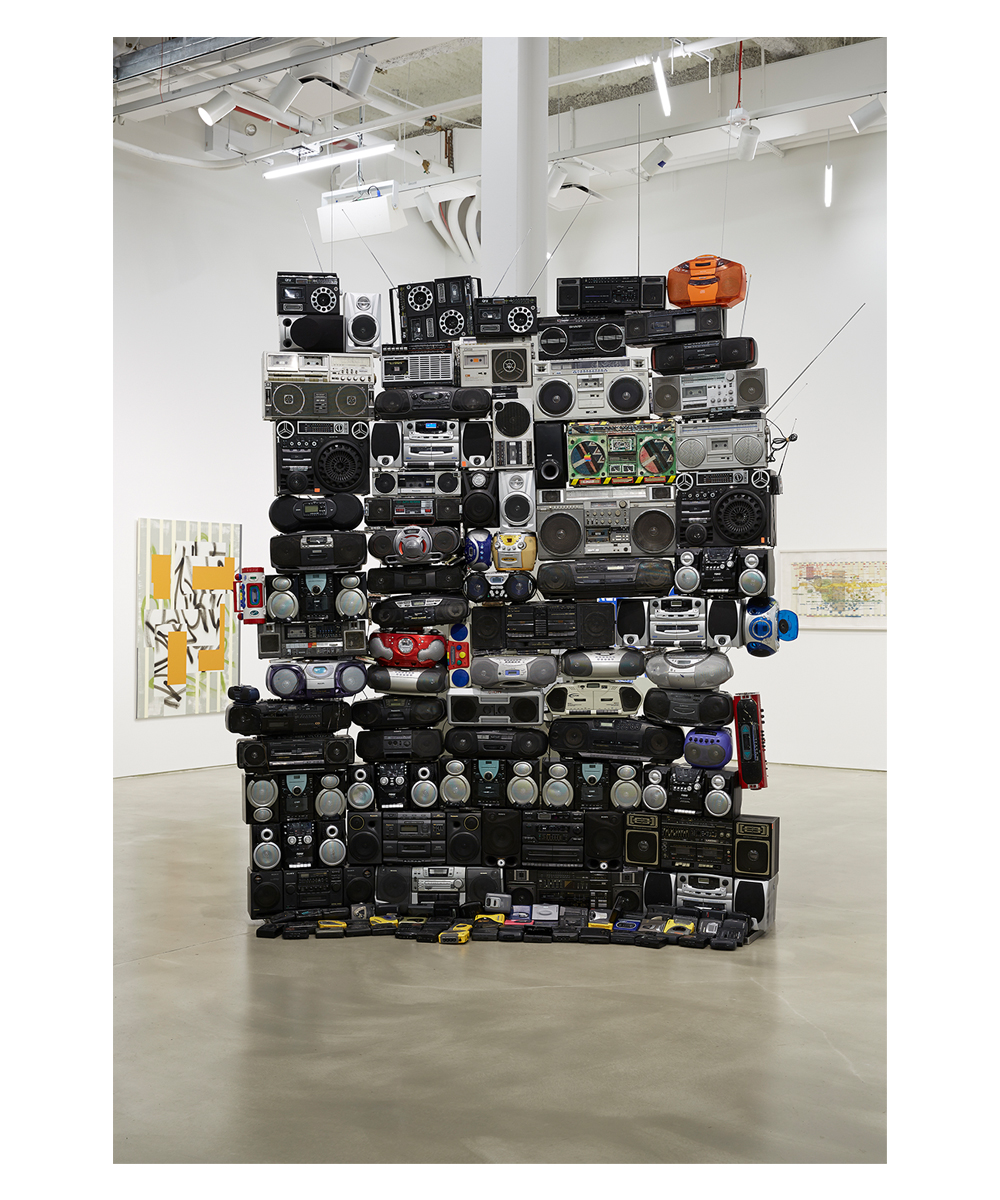Letter from the Editor
Dear Reader,
I’ve had a thought as this issue has begun taking shape over the past few months that I’ve held myself back from saying. I didn’t want to seem reductive, or to insult any of our current or former contributors or staff members and, probably more so than that, I didn’t want to be repetitive. But the thought has kept repeating and is now firmly a part of my inner conversation, my silent series of anxieties and excited superlatives surrounding this, the fourth issue of Apogee. I’ll reveal it to you now if you promise you’ll let me say the same thing next issue: though chronologically this is Issue 04, to me it feels like our first issue.
You may remember many of us saying this same thing prior to the release of Issue 03, our first issue outside of the umbrella of a university. And though I didn’t say it at the time, I was also having thoughts in this vein way back when we were putting together Issue 02, the first issue for which I served as Literary Editor. But for me to understand this recurring thought and perhaps get to the heart of why it’s recurred so much in me, I’ve got to think back to our actual first issue, and to my first meeting as an Apogee staff member.
What I remember most from that first meeting in fall 2011—besides Jenny having to lock her cat in her room because Alex was allergic to it, and Alex being so allergic that she then had to excuse herself into the hallway of the building, while I wondered if I was a bad person because I secretly hoped that this meant we could let the cat back in—was the open way that Jenny, Mel, Zinzi, and Aaron talked about the overall structure of Apogee. The way they spoke made it clear to me that despite the fact that they’d been working on it for months, no one owned this idea—the newest members had just as much say in shaping the journal as the founders did, and everyone recognized that the only way Apogee would ever reach its full potential would be through each staff member’s recognition of their own potential: as editors, teammates, and shapers of this small collective.
There’s a certain malleability that comes with this type of collective thinking, an ability to shift, absorb, and rediscover as it grows. And we’ve grown a lot since 2011, most significantly in the past year. Our staff count is currently at 16, our website is reaching more and more people each month, and what you’re looking at right now is not only our first exclusively online issue but the second issue of Apogee released in 2014, marking the first time we’ve produced two issues in a single calendar year. More importantly, this issue features some of the finest work we’ve published to date.
Though the issue is organized into three sub-groups, the same thoughts and themes keep reappearing: borders, seams, boundaries, individuals crossing them and being crossed by them, the construction and deconstruction of identity, things coming together, breaking apart, and building again. Though many of these pieces are formally very different from each other (and sometimes different from anything I’ve read before) we feel that they’re voices from the same community, speaking through, towards, and around issues that matter to the Apogee team and community.
With every new issue, Apogee feels like a new, stronger publication. A lot of that has to do with the tremendous amount of work our staff puts in, but just as much has to do with you: our supporters, contributors, readers. You are the ones who recognize the vital need for spaces like Apogee in our current landscape.
Following the murder of Michael Brown (which itself followed the murders of Eric Garner, Renisha McBride, Jordan Davis, Trayvon Martin, Oscar Grant, Amadou Diallo, Emmett Till, and far too many others) our Editor-at-Large Melody Nixon asked the Apogee community to respond to the tragedy through poetry and prose. Within days our staff was overwhelmed not only by the volume of submissions but with the emotion contained within them. In terms of both website hits and cultural impact, the series is one of the most successful things Apogee has ever released.
We’ve grown so much since that first cat-marred meeting. I believe that our continued expansion says more about our audience than it does about us. You are the ones that push us to push our work forward, to rediscover what Apogee is and can be: a journal, a community, a conversation. While it’s a conversation that, in mainstream dialogue—news outlets, scholastic institutions, judicial institutions—often only manifests itself through silence, it’s a conversation I’ve been hearing more of each day. I hear it happening in the streets, on the subway, in certain pockets online. I hear it happening in these pieces here, in the way they speak to each other—different voices from the same ether. You are the shapers of this conversation; we’re merely its chasers, its collectors and archivists.
Thank you for allowing us to listen and for showing me what we can be. Happy reading; we’ll see you again in spring for Apogee Issue 05, a whole new first issue.
Chris Prioleau
Literary Editor
— On behalf of the Apogee Journal team



